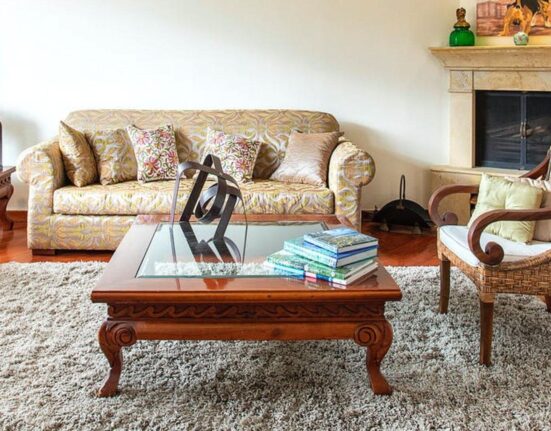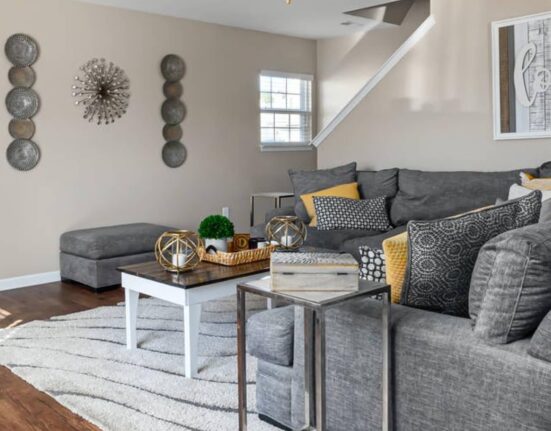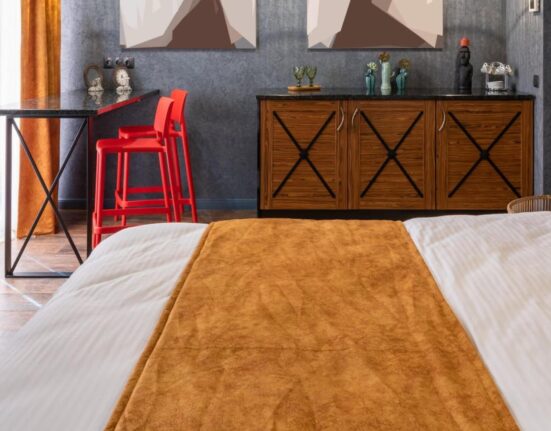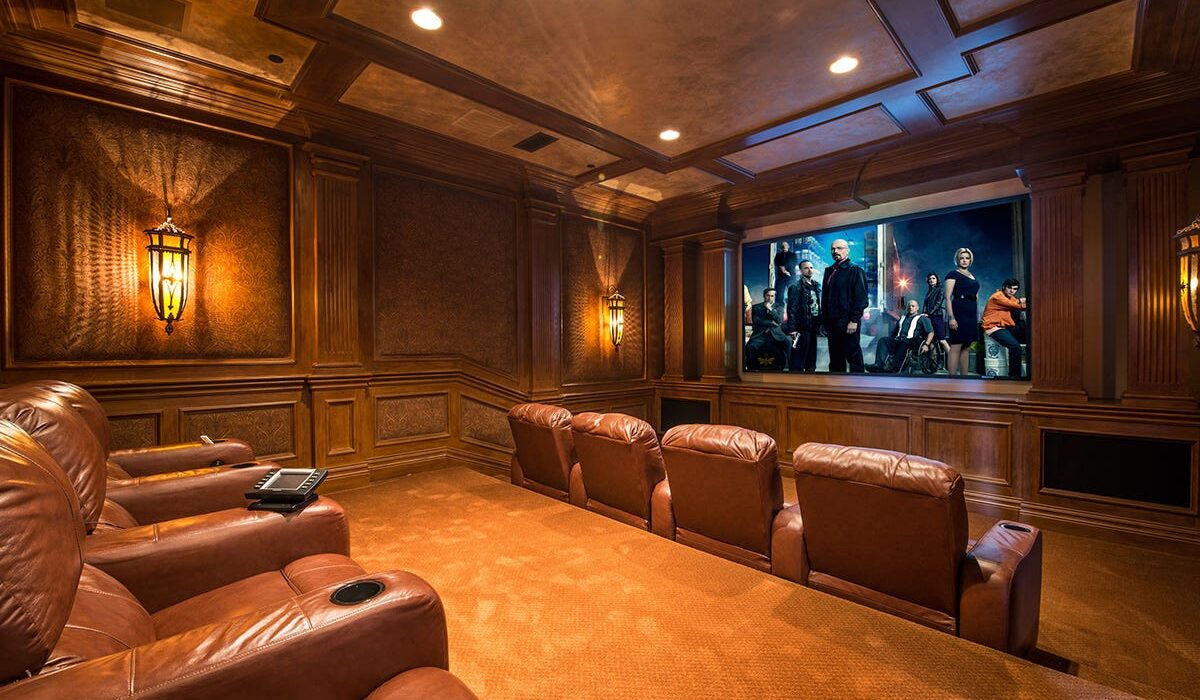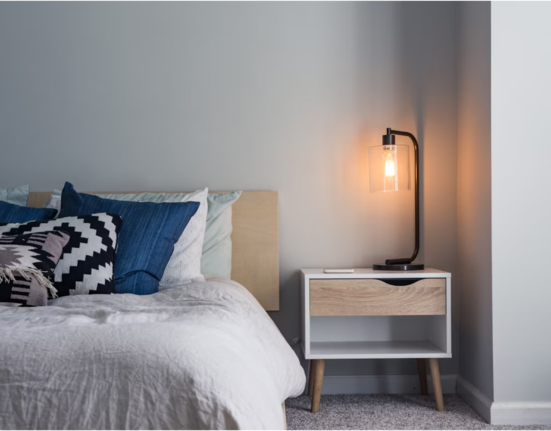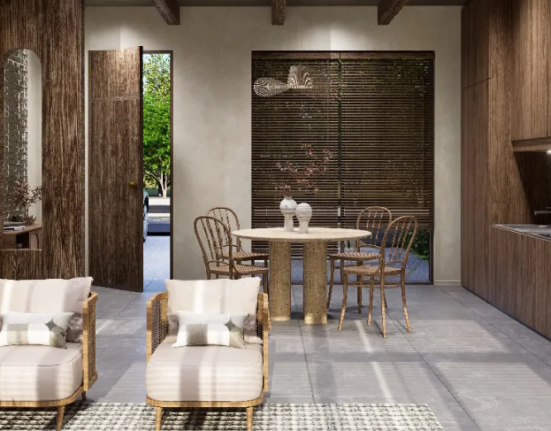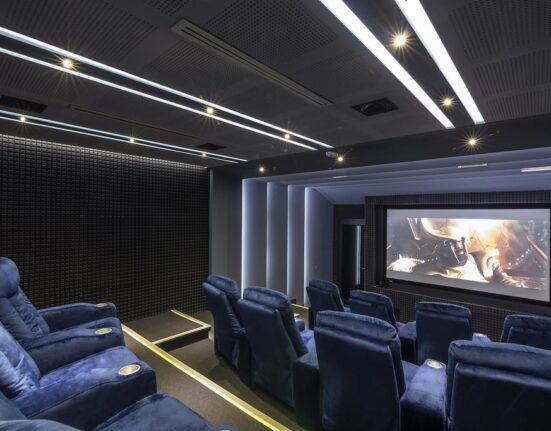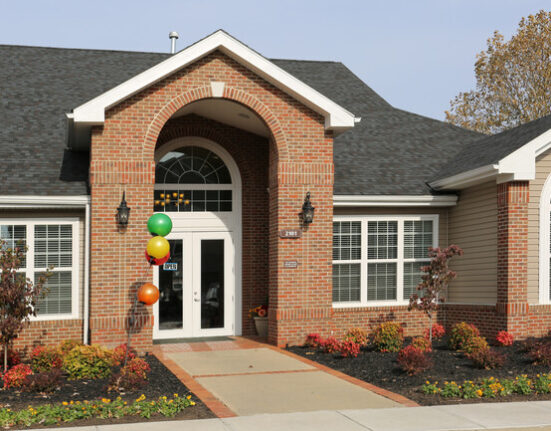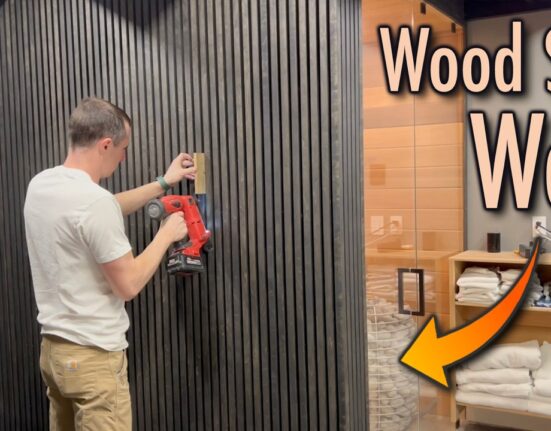In today’s world, the lines between home entertainment and movie theater experiences are blurring. Many homeowners are now opting to create custom-designed, high-tech luxury home theaters to enjoy a cinematic experience in the comfort of their own homes. These luxurious spaces are not just about watching movies—they are immersive environments that transport you into the world of your favorite films, shows, and games. In this article, we’ll explore what luxury home theaters are, the essential features they include, the benefits they offer, and how to design your very own cinematic haven.
What Are Luxury Home Theaters?
Luxury home theaters are custom-built rooms designed to provide a superior entertainment experience, with high-end audio-visual equipment, plush seating, and opulent finishes. These spaces are meant to replicate the movie theater experience in your home but with added comfort, style, and personal touches. Whether you’re an avid movie lover, a sports enthusiast, or someone who enjoys hosting immersive gaming sessions, a luxury home theater is an ideal solution for enhancing your entertainment.
Key Elements of Luxury Home Theaters
A luxury home theater is much more than just a room with a big screen. It’s an entire ecosystem designed to make you feel as though you’ve stepped into a high-end movie theater. Here are some key features that define these lavish spaces:
1. State-of-the-Art Audio and Visual Systems
The foundation of any luxury home theater is its audiovisual equipment. A top-tier sound system with surround sound speakers and a high-definition projector or large LED screen are non-negotiable. Many luxury home theaters are equipped with 4K or 8K projectors, which deliver stunningly detailed and vibrant visuals. High-end sound systems, such as Dolby Atmos or THX-certified setups, are also key to achieving an immersive viewing experience, allowing you to hear every detail from the sound of footsteps to the subtlest background noise.
2. Custom Seating Options
Comfort is essential in a luxury home theater. Whether you prefer recliners, theater-style seating, or even sofas with built-in cupholders, custom seating options allow you to personalize the space for maximum comfort. Many home theaters feature reclining chairs that include heating, massage functions, and adjustable footrests, ensuring you’ll never want to leave your seat.
3. Acoustics and Soundproofing
The acoustics in a luxury home theater are just as important as the audiovisual equipment. Professional-grade soundproofing techniques are used to minimize external noise, ensuring that the sound within the room remains crisp and clear. Acoustic panels and diffusers are often installed to balance the room’s sound and enhance audio clarity, providing an unmatched auditory experience.
4. Advanced Lighting Systems
Lighting plays a crucial role in setting the mood in any room, especially in a luxury home theater. Mood lighting is essential for creating an immersive experience. LED strip lights, recessed lights, and sconces can be customized to match the ambiance of your movie or show. Additionally, dimmable lighting options allow for total control over the brightness, so you can adjust the lighting to suit your needs throughout your viewing.
5. High-End Decor and Finishes
When designing a luxury home theater, every detail matters. From the choice of wall coverings, carpets, and drapes to the addition of elegant furniture and decor, high-end finishes elevate the room’s aesthetic. Many homeowners choose plush velvet or leather seating, rich wood paneling, and custom-designed movie posters or artwork to create a space that feels both lavish and inviting.
Benefits of Owning a Luxury Home Theater
Creating a luxury home theater offers several advantages that go beyond just having a space to watch movies. Let’s take a look at some of the key benefits:
1. Unmatched Entertainment Experience
Perhaps the most significant benefit of having a luxury home theater is the immersive viewing experience. With a custom-designed room featuring cutting-edge technology, you can enjoy movies, TV shows, and sports with crystal-clear visuals and exceptional sound quality. You’ll feel as though you’re part of the action—whether it’s a high-speed chase or an intense sports game.
2. Privacy and Convenience
One of the most appealing aspects of luxury home theaters is the privacy they offer. Unlike public movie theaters, you won’t have to worry about noisy audiences or uncomfortable seating. You can enjoy your entertainment in peace, with the ability to pause, rewind, or even adjust the volume as needed. Additionally, luxury home theaters provide the convenience of watching on your schedule, whether it’s a late-night screening or an afternoon movie marathon.
3. Increase in Home Value
A well-designed luxury home theater can increase the value of your home. High-end home features such as a custom theater room are often seen as an investment, appealing to potential buyers who value comfort and entertainment. If you ever decide to sell your home, a dedicated theater space can set your property apart from others on the market.
4. Enhanced Social Gatherings
Luxury home theaters are perfect for hosting gatherings, whether it’s a movie night with friends or a family celebration. They offer a great space for group entertainment, making it easy to enjoy films and games together. With high-quality sound and visuals, you can create a professional-grade viewing experience that’s perfect for parties and events.
5. Personalization and Control
Unlike public movie theaters, a luxury home theater can be fully personalized to your preferences. You can select the seating arrangement, screen size, and even the color palette for the room. The ability to control lighting, sound, and video settings gives you the power to curate your ideal viewing environment for each occasion.
How to Design the Perfect Luxury Home Theater
Designing a luxury home theater requires careful planning and attention to detail. Here are some steps to help you create the perfect entertainment space:
1. Choose the Right Space
Start by selecting the best room for your home theater. It should be large enough to accommodate your desired seating, audiovisual equipment, and soundproofing materials. Consider whether the room has windows or if it can be fully darkened to enhance the viewing experience.
2. Select the Equipment
Choose audiovisual equipment that meets your needs and preferences. Opt for a 4K or 8K projector, a large screen or high-quality TV, and a sound system that provides immersive surround sound. Be sure to invest in high-quality cables and accessories to ensure a seamless viewing experience.
3. Plan the Layout
The layout of your luxury home theater will depend on the room’s dimensions and your seating preferences. Ensure that seating is arranged to give everyone the best view of the screen and that the speakers are positioned for optimal sound delivery. Don’t forget to plan for aisles and space between seats for comfort and easy access.
4. Add Custom Touches
Once the technical elements are in place, focus on adding personal touches to make the room truly unique. Choose luxurious materials for upholstery, flooring, and wall coverings. Add artwork, themed decor, or movie memorabilia to reflect your personality and interests.
5. Consult a Professional
Creating a luxury home theater is a complex process that requires expertise in audio-visual technology, acoustics, and interior design. Consulting with a professional designer or contractor can help ensure that every element of your theater is perfectly tailored to your vision.
Conclusion
Luxury home theaters are an incredible way to elevate your home entertainment experience. With state-of-the-art audiovisual equipment, custom seating, and high-end finishes, these spaces offer an unmatched level of comfort, style, and immersion. Whether you’re a movie buff, a sports fan, or a gaming enthusiast, a luxury home theater can provide a cinematic experience that’s tailored to your exact preferences. With careful planning and attention to detail, you can create a home theater that will provide years of enjoyment, increasing the value of your home and enhancing your lifestyle. If you’re ready to take your entertainment to the next level, a luxury home theater is a worthy investment for any homeowner.



